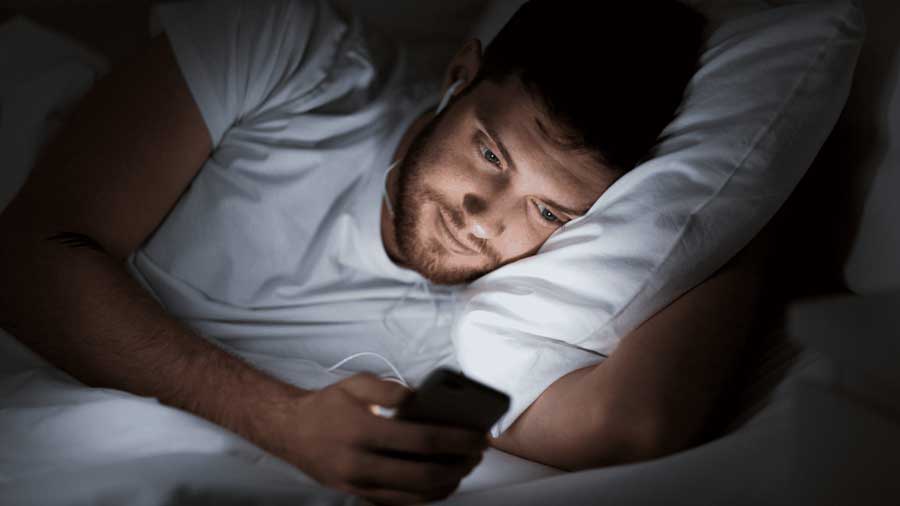Sleep Disturbances is one of the signs of low testosterone In men. It’s a vital part of our daily routine that impacts our overall health. However, for many men, a good night’s sleep can be elusive. One factor that can significantly affect sleep quality is testosterone levels. Testosterone, a hormone primarily produced in men by the testicles, plays a crucial role in a man’s health. But what happens when these levels decrease? This blog post will delve into the impact of low testosterone on sleep and the resulting disturbances it can cause.
Testosterone levels naturally decrease as men age. However, certain factors can lead to a more significant drop, such as obesity, diabetes, hormonal disorders, and certain medical conditions. Chronic illnesses, stress, and poor lifestyle choices, such as lack of exercise and unhealthy diet, can also contribute to low testosterone levels.
Signs of Low Testosterone In Men: Sleep Disturbances
Testosterone levels in men are closely linked to sleep. Most testosterone production in men occurs during sleep, particularly during the rapid eye movement (REM) stage. Therefore, poor sleep can lead to decreased testosterone levels, creating a vicious cycle.
Men with low testosterone may experience a range of sleep disturbances, including insomnia, sleep apnea, and reduced sleep quality. They may find it difficult to fall asleep, have frequent nighttime awakenings, or feel excessively tired during the day.
Sleep Disturbances Impact on Overall Health
Sleep disturbances caused by low testosterone can have far-reaching effects on a man’s health. Chronic sleep deprivation is associated with an increased risk of various health conditions, including cardiovascular diseases, diabetes, obesity, and mental health disorders like depression and anxiety. Furthermore, poor sleep can lead to decreased cognitive function, impaired memory, and reduced work performance.
Diagnosis and Treatment Options
If you’re experiencing sleep disturbances and suspect low testosterone may be the cause, it’s essential to consult with a healthcare professional. They can conduct a blood test to measure your testosterone levels and determine if they’re lower than normal.
Treatment options for low testosterone can include lifestyle changes, such as regular exercise, a healthy diet, and good sleep hygiene. In some cases, testosterone replacement therapy (TRT) may be recommended. TRT involves taking testosterone in the form of injections, patches, or gels to increase testosterone levels.
Tips for Improving Sleep
Improving sleep hygiene can be beneficial for men with low testosterone. Here are some tips:
- Maintain a regular sleep schedule: Try to go to bed and wake up at the same time every day, even on weekends.
- Create a sleep-friendly environment: Keep your bedroom dark, quiet, and cool. Consider using earplugs, an eye mask, or a white noise machine if needed.
- Limit exposure to screens before bedtime: The light emitted by phones, tablets, computers, and TVs can interfere with your body’s production of melatonin, a hormone that regulates sleep.
- Avoid large meals, caffeine, and alcohol close to bedtime: These can disrupt your sleep cycle and cause nighttime awakenings.
Low testosterone can significantly impact sleep, leading to a range of sleep disturbances. However, with the right diagnosis and treatment, these issues can be managed effectively. If you’re experiencing sleep disturbances and suspect low testosterone may be the cause, don’t hesitate to contact us.
Remember, a good night’s sleep is not a luxury—it’s a necessity for your health and well-being.
Book your consultation below!


